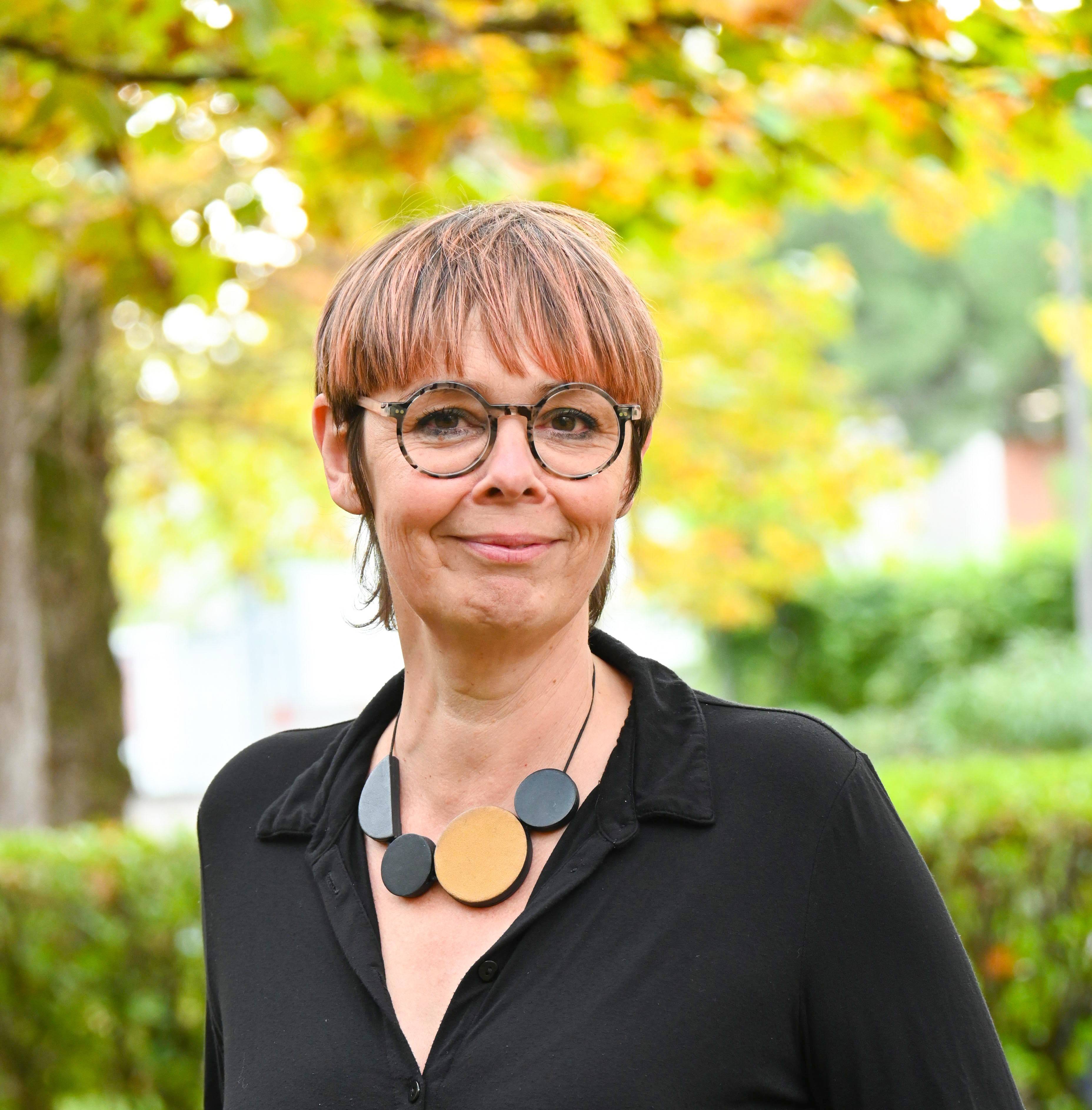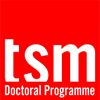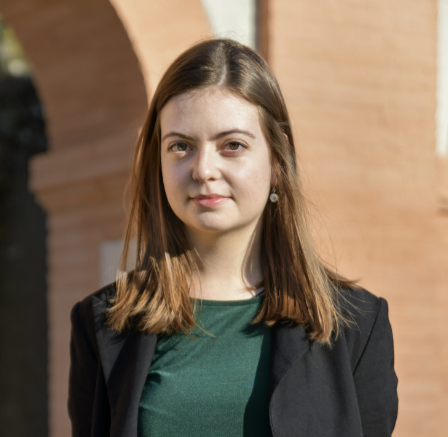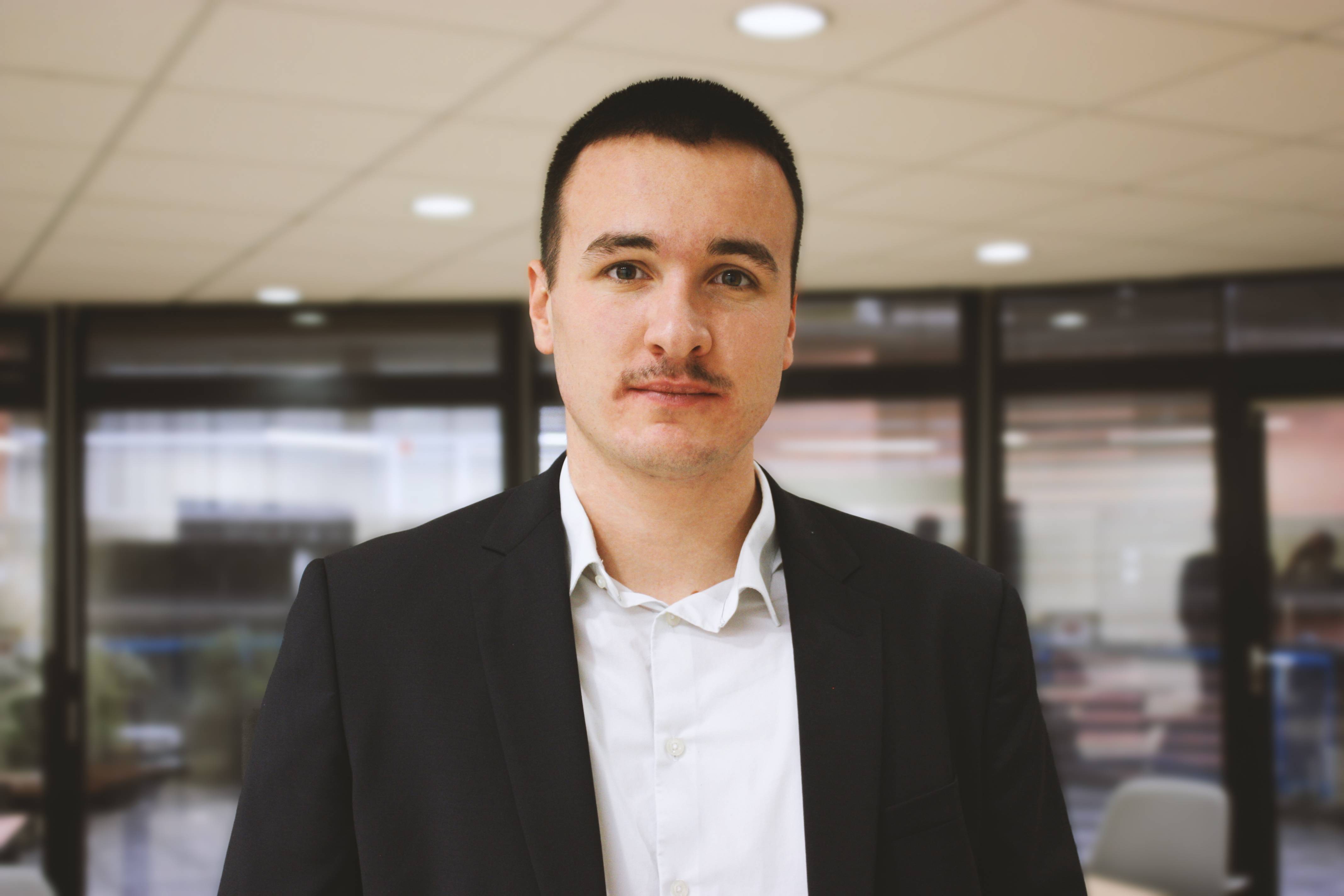The mission, vision and objectives of the Marketing area
The marketing axis studies the economic, psychological and societal issues involved in disseminating technological innovations (Artificial Intelligence, Internet of Things, Smart Cities, Virtual Reality, eHealth, etc.). The team's research projects focus on changes in business models (transformative marketing) and innovation (co-creation platforms), as well as consumer appropriation of these technologies (trust, well-being) and their ethical issues (data disclosure, confidentiality, misinformation). The aim of this work is to provide consumer-citizens with all the skills and competencies they need to benefit from AI-driven innovations, and to inform the choices made by public decision-makers and players in the socio-economic world.
Research topics
The marketing axis focuses its research primarily on consumer behavior in the face of new technologies and the major societal challenges associated with them. The various projects are approached from the angle of empowerment and the well-being of the consumer-citizen, and are in line with the United Nations' Sustainable Development Goals. Many of these projects involve collaboration between different management science disciplines (strategy, finance and information sciences), and beyond with other humanities, social sciences and natural sciences (psychology, sociology, communication, medicine, engineering sciences, computer science).
Consumers and AI and the major societal challenges associated
The appropriation of AI innovations: Internet of Things, Smart Cities, autonomous vehicles, chatbots (Lars Meyer-Waarden).
This project studies the perception of AI-based innovations by consumer-citizens, including acceptance factors, benefits (personalization, utilitarian, hedonic and social benefits), and resistance factors (invasion of privacy, loss of control). The aim is also to understand the impact of these new lifestyles and mobility patterns on users' well-being, confidence and willingness to adopt these radical technological changes.
This major project is based on an international research consortium on Citizen Trust in AI[1] (CITAI) led by Professor Lars Meyer-Waarden in collaboration with researchers from DHBW University in Germany, and funded by the Dieter Schwartz Foundation. The methodological approach is highly innovative, placing participants in hyper-realistic and immersive situations of use thanks to a smart living lab and a level 5 autonomous vehicle driving simulator, both offering an advanced personalisation experience thanks to ChatGPT...
Consumer-citizen welfare and ethical dilemmas (Sandra Laporte; Lars Meyer-Waarden).
Several projects aim to investigate how the increasing use of AI-derived innovations may pose ethical dilemmas. As suggested by the UNESCO alert (2019), repeated interactions with predominantly feminised voice assistants (chatbots), such as Siri and Alexa, could reinforce certain gender stereotypes, and thus impact social equity. Other projects by the team are investigating the repercussions on responsibility attributions and consumer well-being of failed interactions with AI with more or less serious consequences (service failures, road accidents involving autonomous vehicles).
Data disclosure and confidentiality.
The disclosure of personal information by consumers has long been of interest to marketing strategy research, but this issue is taking on a new dimension with the increasing digitalisation of our daily lives. One project in particular is looking at the current upheavals taking place in the financial sector through the new solutions offered by FinTech, which uses AI to enable wider access to financial services for segments of the population that were previously ineligible for banking services. For example, in the field of credit assessment, it is now possible to use "soft" data - such as digital fingerprints - alongside financial data (or "hard data"), to assess creditworthiness or predict payment defaults. Nevertheless, such uses of data can trigger privacy concerns among consumers. This project aims to shed light on the factors facilitating the adoption of innovative services based on customer data.
Technology for health and ageing well (Eloïse Senges; Lars Meyer-Waarden; Sandra Laporte)
Ageing well. Loneliness has been identified as one of the main causes of distress and deteriorating health among senior citizens, highlighting a public health issue. Immersive virtual reality (VR) experiences designed for the elderly and the Metaverse could mitigate these effects, by promoting social interaction and psychological well-being. The aim of this project is to investigate whether, how and under what conditions disruptive technologies such as VR and the Metaverse can contribute to the healthy aging of the elderly. These technologies are seen as new solutions to the social, psychological and physical consequences of aging. They could alleviate the challenges of loss of mobility and social isolation, by offering innovative ways of exploring the outside world and fostering social interaction.
e-Health applications. More and more individuals are turning to tracking applications to achieve wellness and health goals. E-health applications that track dietary behavior, exercise and sleep to help users adopt a healthier lifestyle and increase their well-being are becoming increasingly popular. We study how these tracking applications influence motivation to achieve a health goal or adhere to a medical treatment over time.
Consumer empowerment and innovation (Stéphane Salgado; Cyrielle Vellera)
Consumers are key players in corporate innovation strategies, particularly through their participation in crowdsourcing activities. These research projects seek to understand the motivations behind the co-creation of new products, and how to encourage consumer involvement in innovation communities. They also study the consequences for the co-creator's perception of ownership and well-being, as well as the facilitating role of digital technologies and how to distribute the value created among the members of the crowdsourcing community. The aim is also to better understand strategies for promoting co-created products. Another research theme relates to the role of FabLabs in the emergence of co-creator entrepreneurship.
Disinformation and polarisation of opinion (Julien Grobert; Sandra Laporte)
Misinformation or the spread of fake news on social networks has become a major challenge for our societies, with implications for democratic functioning, public health, the fight against global warming and confidence in scientific progress in general. These projects study the psychological mechanisms that explain vulnerability to fake news, and how individuals construct beliefs and come to question scientific findings. The dynamics of polarisation of opinions, and even radicalisation, facilitated by social media are studied in order to develop corrective interventions.
Beyond technology: Sensory marketing, second-hand objects (Julien Grobert; Magali Giraud)
The circular economy. In the clothing sector, consumers are increasingly turning to buying second-hand products. The research project focuses on the study of clothing purchases "by the kilo" in the context of the circular economy. It studies the motivations underlying this type of purchase and the value associated with the purchase (linked to the product or the purchasing experience). The aim is to understand whether this mode of purchase accompanies the move towards more responsible modes of consumption or, on the contrary, can fuel over-consumption by stimulating "smart-shopper-feeling".
Sensorial marketing, which mobilises the individual's 5 senses, is of interest to a wide range of sectors (both commercial and non-commercial). Research has highlighted the impact of sensorial marketing, particularly olfactory marketing, on people's perceptions and ultimately on their behavior. Research carried out as part of an ANR (Agence Nationale de la Recherche) project with the CapGemini group aims to understand whether sensory marketing (olfactory and auditory) can modify users' perception of a public transport journey. Laboratory research using virtual reality (virtual reality headset) has revealed some interesting results, notably concerning the diffusion of fragrances. The aim of this research is to better understand the impact of the 5 senses on people's emotions and behavior.
Meet the Marketing Research team

Magali GIRAUD
Associate Professor

Julien GROBERT
Associate Professor

Sandra LAPORTE
Full Professor

Lars MEYER-WAARDEN
Full Professor

Stéphane SALGADO
Associate Professor

Éloïse SENGÈS
Associate Professor

Cyrielle VELLERA
Associate Professor
Marketing Phd Students

Danielle ANG
Graduate Teaching Assistant

Carolina CUERVO ROBERT
Graduate Teaching Assistant

Ludivine DESTOUMIEUX
PhD Student

Selina STROBEL
PhD Student

Thomas TEYCHENIÉ
Graduate Teaching Assistant

Andrea WETZLER
PhD Student








